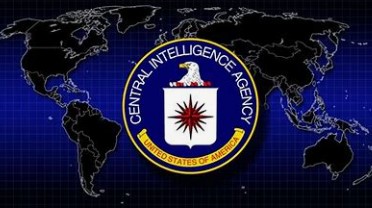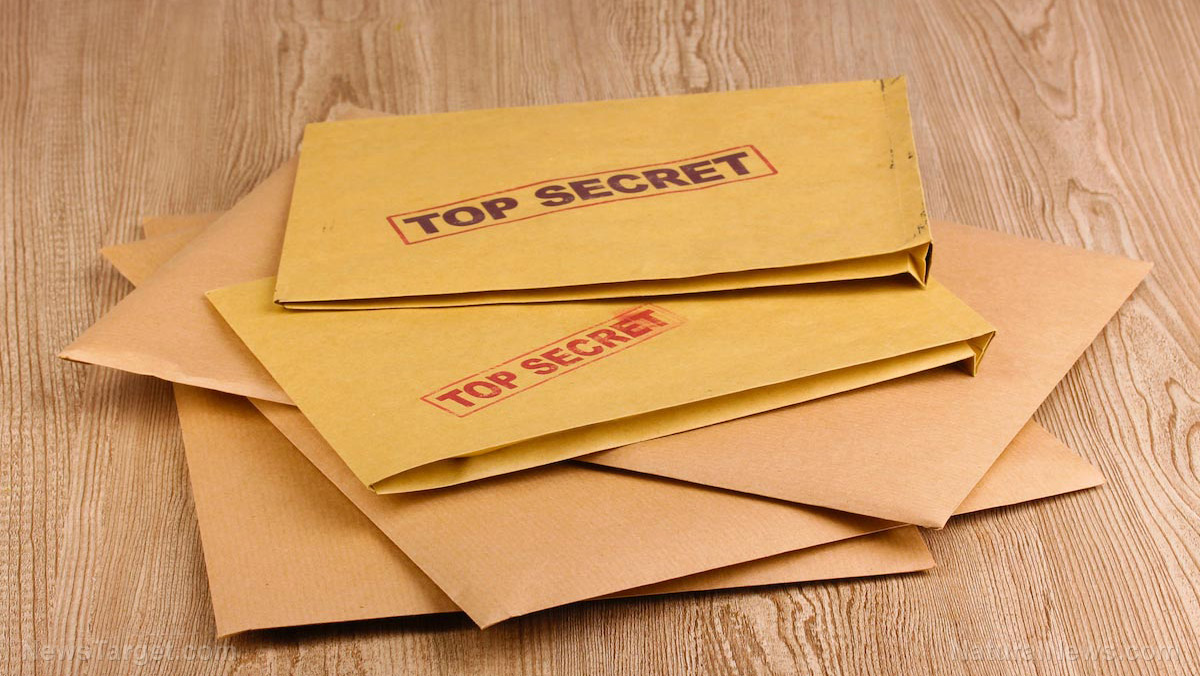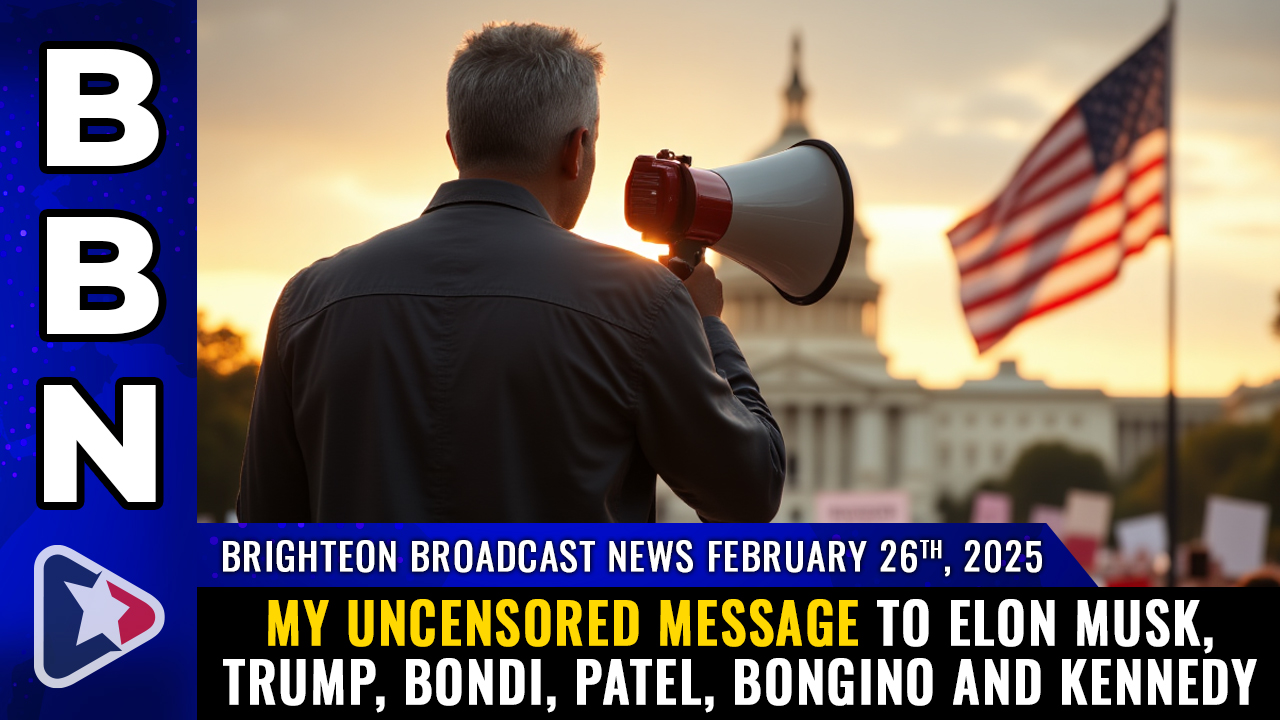 Parler
Parler Gab
Gab
The real story behind the TikTok ban
At the Munich Security Conference in February 2024, U.S. Senator Mark Warner, the top Democrat on the Senate Intelligence Committee, hinted at the “real story” behind the bipartisan push to ban TikTok. Warner’s comments, alongside those of former Congressman Mike Gallagher, revealed that the driving force behind the legislation was not China’s ownership of the platform but rather the proliferation of pro-Palestinian content that has challenged Israel’s narrative in the ongoing conflict in Gaza. “So we had a bipartisan consensus,” Gallagher said during the panel discussion. “We had the executive branch, but the bill was still dead until October 7th. And people started to see a bunch of anti-Semitic content on the platform, and our bill had legs again.” This admission aligns with reports from independent journalist Ken Klippenstein, who obtained a State Department memo detailing Israeli officials’ concerns about TikTok’s influence on American youth. Emmanuel Nahshon, Israel’s deputy director general for public diplomacy, reportedly blamed TikTok’s algorithm for favoring pro-Palestinian content, which he claimed was turning young people against Israel.Israel’s influence on U.S. Policy
The leaked memo reveals a stark disconnect between Israeli officials and the Biden administration over the root causes of growing international criticism of Israel. Nahshon dismissed concerns about Israel’s credibility, instead attributing the shift in public opinion to TikTok’s algorithm. “Young people have turned against Israel in large part because the TikTok algorithm favors pro-Palestinian content,” the memo stated. This narrative has been echoed by U.S. lawmakers, including Republican Senator Mitt Romney, who linked his support for the TikTok ban to the platform’s alleged bias toward Palestinian content. “If you look at the postings on TikTok and the number of mentions of Palestinians, relative to other social media sites — it’s overwhelmingly so among TikTok broadcasts,” Romney said in May 2023. Nikki Haley, another Republican figure and former presidential candidate, went further, suggesting that simply watching videos on TikTok could make users anti-Semitic. These statements reflect a broader effort to frame TikTok as a tool of foreign influence, despite a lack of concrete evidence linking the platform to Chinese propaganda efforts.A smokescreen for censorship
The Biden administration’s justification for the TikTok ban has centered on national security concerns, particularly the platform’s ownership by Chinese company ByteDance. However, insiders suggest this narrative is a smokescreen for a more insidious agenda: suppressing free speech and protecting Israel’s image. In March 2023, a classified intelligence briefing was provided to Congress, allegedly detailing the national security threat posed by TikTok. The briefing reportedly tipped the scales in favor of the ban, with the House committee voting 50-0 to advance the legislation. Yet, some lawmakers expressed skepticism about the information presented. “Not a single thing we heard in today’s classified briefing was unique to TikTok,” Congresswoman Sara Jacobs said at the time. “It was things that happen on every single social media platform.” This skepticism underscores the lack of transparency surrounding the ban and raises questions about the true motivations behind it. As Gallagher admitted during the Munich Security Conference, the push to ban TikTok was driven by concerns over its influence on public opinion, not its ownership by China. The TikTok ban represents a troubling convergence of U.S. and Israeli interests, with free speech and democratic principles sacrificed at the altar of geopolitical expediency. By framing the ban as a national security issue, the Biden administration has effectively silenced dissent and shielded Israel from criticism, all while undermining the First Amendment rights of American citizens. As the debate over TikTok continues, one thing is clear: the true conspiracy lies not in the platform’s ownership but in the lengths to which governments will go to control the narrative. Like a magician’s sleight of hand, the TikTok ban distracts from the real issue — censorship — while leaving the public in the dark. And in the shadows, the true architects of this scheme remain hidden, their secrets safe from scrutiny. Sources include: MiddleEastEye.net KenKlippenstein.com Censorship.newsBy Lance D Johnson // Share
Mike Adams backs Trump and Musk’s bold plan, calls for swift action
By Finn Heartley // Share
Del Bigtree and Mike Adams unpack the MAHA movement’s impact and future goals
By Finn Heartley // Share
Governments continue to obscure COVID-19 vaccine data amid rising concerns over excess deaths
By patricklewis // Share
Tech giant Microsoft backs EXTINCTION with its support of carbon capture programs
By ramontomeydw // Share
Germany to resume arms exports to Israel despite repeated ceasefire violations
By isabelle // Share










